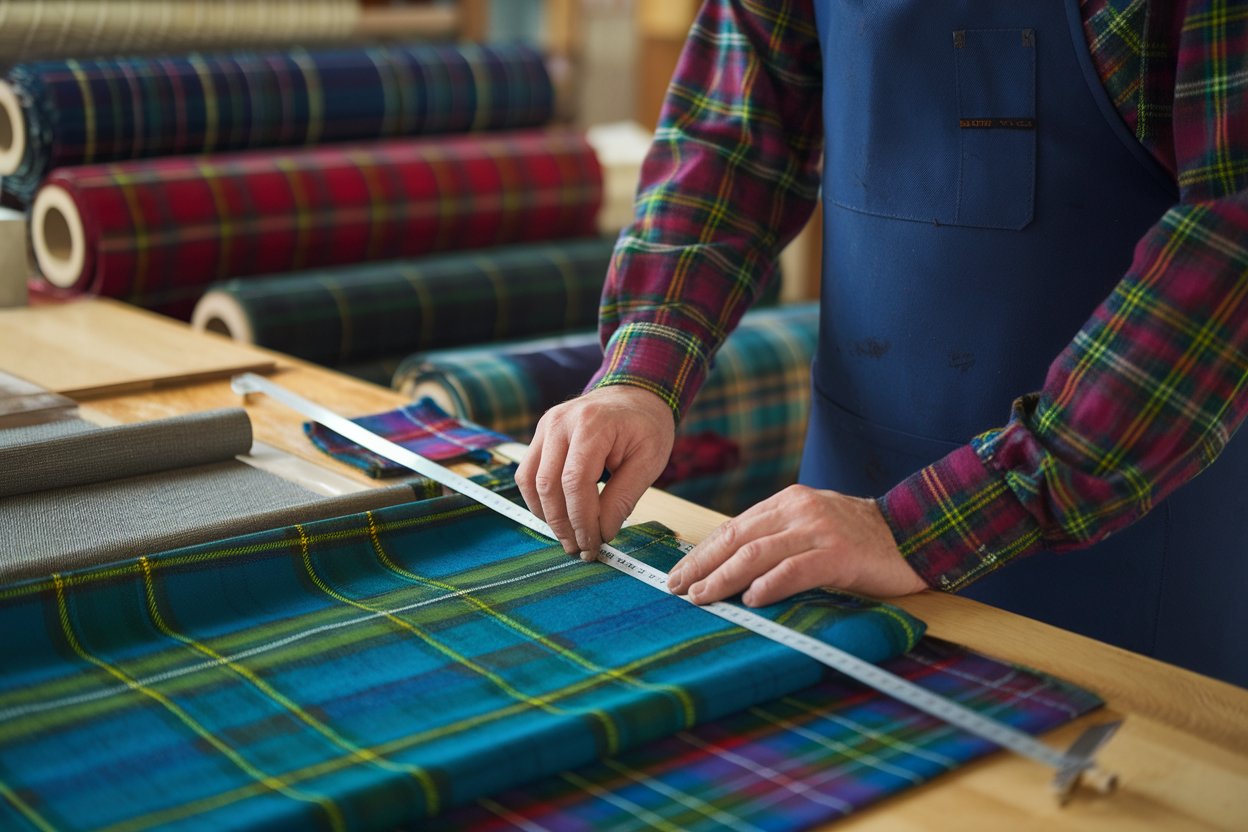
February 17, 2025
How Much Does The Best Bespoke Kilt Cost in 2025?
The bespoke kilt is more than just a garment; it’s a timeless piece of cultural heritage, personal identity, and craftsmanship. Whether you’re honoring Scottish ancestry, preparing for a special event, or simply appreciating quality fashion, understanding the cost of a bespoke kilt can help you make an informed decision.
Understanding Bespoke Kilts
Bespoke kilts are custom-made garments tailored to your measurements, style preferences, and tartan selection. Unlike mass-produced kilts, bespoke kilts offer exceptional fit, durability, and authenticity.
Key Differences Between Bespoke and Off-the-Rack Kilts
Personalized Measurements: Tailored for a perfect fit.
Fabric Choices: Wide range of materials, from wool to tweed.
Tartan Selection: Custom patters and clan tartans available.
Handcrafted Details: Superior craftsmanship with traditional methods.
Factors Influencing the Cost of a Bespoke Kilt
The cost of a bespoke kilt can vary significantly depending on several factors. Each of these elements contributes to the overall price, ensuring that your kilt is tailored to your exact specifications while maintaining the integrity of traditional craftsmanship. Understanding these factors will help you set realistic expectations and make informed decisions.
1. Fabric Selection
Fabric is arguably the most significant factor influencing the price of a bespoke kilt. Kilts are traditionally made from high-quality wool, but various materials can be used depending on the occasion, climate, and budget.
Wool
The most popular choice for traditional kilts, available in heavyweight, medium-weight, and lightweight varieties. Scottish mills often supply premium wool, with prices ranging from $80 to $150 per yard.
Tweed
A heavier and more textured fabric, perfect for colder weather or a vintage aesthetic. Tweed kilts are usually more expensive due to the intricate weaving process, costing around $100 to $180 per yard.
Polyviscose
A synthetic alternative that mimics the look of wool but is more affordable and easier to maintain. Polyviscose kilts cost between $40 and $70 per yard, making them a popular option for casual events.
Cotton and Linen
Less common but ideal for hot climates. These materials offer breathability and comfort at prices ranging from $50 to $90 per yard.
Key Insight:
The quality of the fabric directly impacts the durability and authenticity of the kilt. Premium wool and tweed options are more expensive but provide better longevity, while synthetic materials are budget-friendly but less traditional.
2. Tartan Pattern Complexity
The tartan pattern you choose can significantly influence the cost. Tartans are categorized into clan tartans, district tartans, universal tartans, and custom tartans.
Clan Tartans
These are associated with specific Scottish clans and are often readily available, making them more affordable.
District Tartans
Representing geographical regions, district tartans are less common but still reasonably priced.
Universal Tartans
Designs like the Black Watch or Royal Stewart are widely used and easy to source.
Custom Tartans
If you want a bespoke tartan designed from scratch, expect to pay significantly more due to the design, dyeing, and weaving processes involved. Custom tartans can cost $300 to $600 or more, depending on the complexity of the pattern.
Weaving Considerations
Intricate designs with many color changes require more effort and time to produce, adding to the overall cost. Traditional hand-weaving techniques also raise the price compared to machine-woven tartans.
3. Tailoring and Measurements
The tailoring process ensures a perfect fit, distinguishing a bespoke kilt from its off-the-rack counterparts. Skilled tailors take precise measurements of the waist, hips, seat, and kilt length to create a garment that complements your body shape.
Factors Impacting Tailoring Costs
Experience of the Tailor: Master kiltmakers with decades of experience charge higher rates.
Specialized Measurements: Adjustments for unique body shapes or specific pleating styles add to the cost.
Measurement Sessions: Some tailors offer in-person consultations, while others provide detailed guides for self-measurement.
Cost Range: Professional tailoring services typically range from $50 to $200, depending on the tailor’s expertise and location.
4. Craftsmanship Quality
Craftsmanship directly influences the durability, aesthetics, and historical accuracy of the kilt. Traditional Scottish kilts are handcrafted using age-old techniques, often passed down through generations.
Craftsmanship Options:
Hand-Stitched Kilts
These kilts are meticulously sewn by hand, ensuring precise pleating and durability. Expect to pay $800 to $2,000 for artisanal, hand-stitched kilts.
Machine-Stitched Kilts
While more affordable, machine-stitched kilts may lack the durability and intricate detailing of handmade versions. Prices generally range from $400 to $800.
Heritage Craftsmanship
Some kiltmakers use historical methods with traditional equipment, which adds a premium to the final product.
Key Insight:
Investing in high-quality craftsmanship ensures a kilt that can be passed down through generations, making it more than just an item of clothing—it’s a piece of family heritage.
5. Accessories and Add-Ons
A kilt ensemble often requires accessories that enhance its traditional appearance. While optional, these additions can significantly increase the overall cost.
Essential Accessories:
Sporran (Kilt Pouch)
Ranges from $100 to $500, depending on the material and design. Leather and fur sporrans are traditional, while ornate metal designs are pricier.
Kilt Hose and Flashes
Expect to pay $30 to $100 for high-quality woolen hose and coordinating flashes.
Belt and Buckle
A sturdy leather belt with a decorative buckle costs $50 to $200.
Sgian Dubh (Traditional Knife)
Prices range from $60 to $300, depending on craftsmanship and materials used.
6. Customization Requests
Customization options allow you to tailor every aspect of your kilt to your preferences. While standard designs are often sufficient for most occasions, personalized touches add uniqueness and heritage value.
Popular Customization Options
Custom Embroidery
Adding initials, family crests, or clan symbols costs $50 to $200.
Pleating Styles
You can choose between knife pleats, box pleats, or military pleats, with costs varying based on complexity.
Button and Buckle Choices
Brass, silver, or custom-designed buttons add both aesthetic appeal and cost.
Antique-Style Finishes
For those seeking a historical look, antique finishes can increase the cost by 10-20%.
Handwoven Tartans
Custom weavers may charge $300 to $600+ depending on the intricacy of the design.
Fabric Choices: Impact on Price and Quality
The fabric of your bespoke kilt plays a significant role in its cost. High-quality materials offer better durability and comfort.
| Fabric Type | Average Cost (Per Yard) | Durability | Common Use Cases |
|---|---|---|---|
| Wool (Heavyweight) | $80-$150 | High | Traditional kilts |
| Wool (Medium-weight) | $60-$100 | Medium | Casual and formal wear |
| Tweed | $100-$180 | High | High Vintage and rustic styles |
| Polyviscose | $40-$70 | Medium | Budget-friendly options |
The Role of Tartan Patterns in Pricing
The complexity of your tartan pattern can also affect the final price.
Clan Tartans: Common and affordable.
Rare/Custom Tartans: Higher production costs.
Weaving Techniques: More intricate designs require more labor.
Measuring and Tailoring: Precision That Costs
Custom measurements ensure a perfect fit but come at a price. Professional tailors take precise measurements of your waist, hips, and length, often charging $50-$200 for this service.
Craftsmanship and Artisanship
Handcrafted kilts, made by experienced artisans, are significantly more expensive than machine-made alternatives. Skilled labor contributes to costs ranging from $300 to $800 per kilt.
Regional Cost Variations: Where You Buy Matters
The cost of bespoke kilts varies across regions. For instance, kilts made in Scotland might be more expensive due to authentic materials and skilled craftsmanship.
| Region | Average Cost (Bespoke Kilt) |
|---|---|
| Scotland | $600-$1,500 |
| USA | $500-$1,200 |
| Canada | $550-$1,300 |
| Australia | $650-$1,400 |
Cost Comparison: Bespoke vs. Off-the-Rack Kilts
| Feature | Bespoke Kilts | Off-the-Rack Kilts |
|---|---|---|
| Fit | Custom-fitted | Standard sizes |
| Fabric Choice | Wide variety | Limited selection |
| Price Range | $400-$2,000+ | $100-$500 |
| Durability | High | Varies |
| Customization | Extensive | Minimal |
Money-Saving Tips
Investing in a bespoke kilt is a meaningful decision, but it doesn’t have to come with an overwhelming price tag. With a bit of planning and smart decision-making, you can secure a high-quality, custom-made kilt while keeping costs under control. Here are some practical tips to help you get the best value for your investment:
1. Research Tartan Options
The tartan you choose can significantly influence the cost of your bespoke kilt. While custom tartans add a personal touch, they often come with higher expenses due to the design, dyeing, and weaving processes.
Cost-Saving Insights
Clan Tartans
If you have Scottish heritage, check if your family already has an official tartan. These are widely available and typically more affordable than custom patterns.
Universal Tartans
Patterns like Black Watch, Royal Stewart, and Scottish National are commonly produced in bulk, reducing material costs.
Custom Tartans
If you decide on a custom tartan, be prepared for added costs. Designing a new pattern can add $300 to $600 to the final bill.
Money-Saving Tip
Choose a readily available tartan to avoid custom-design fees. If you don’t have a specific clan tartan, opt for universal tartans like Black Watch, which offer both style and affordability.
2. Choose Mid-Weight Wool
Kilts are traditionally made from wool, with varying weights suited for different purposes. While heavyweight wool is popular for formal occasions, it tends to be more expensive. Mid-weight wool provides the perfect balance of cost, durability, and comfort.
Fabric Weight Breakdown
Lightweight Wool (10-11 oz): Less expensive but may lack structure. Best for warm climates.
Mid-Weight Wool (12-13 oz): Ideal for most occasions; durable enough for regular wear while remaining affordable.
Heavyweight Wool (14-16 oz): More costly but necessary for formal or ceremonial kilts.
Why Choose Mid-Weight Wool?
It holds pleats well, ensuring a sharp appearance.
Suitable for year-round wear.
More affordable than heavyweight alternatives, with prices typically ranging from $80 to $150 per yard.
Money-Saving Tip:
Ask your tailor if they have any leftover mid-weight wool from previous projects. Some tailors offer discounts to clear inventory.
3. Order in Advance: Avoid Rush Fees for Last-Minute Orders
Timing is crucial when ordering a bespoke kilt. Many kiltmakers charge rush fees to prioritize last-minute orders, especially during peak seasons like Highland games, weddings, and Burns Night celebrations.
Typical Lead Times:
Standard Orders: 4-6 weeks
Custom Tartans: 6-10 weeks
Rush Orders: Additional fees and limited fabric choices
Why Early Orders Save Money
You avoid rush charges, which can add 20-30% to your bill.
Tailors have more time to source materials, often at better rates.
You get access to a broader selection of fabrics without last-minute compromises.
Money-Saving Tip
Mark your calendar and place your kilt order at least 3 months before your event to avoid peak pricing and ensure timely delivery.
4. Compare Tailors: Shop Around for Quality and Price
Like any handcrafted item, kilt prices can vary depending on the tailor’s location, expertise, and reputation. Comparing multiple kiltmakers helps you find a balance between quality and affordability.
How to Compare Effectively
Research Online: Check reviews on platforms like Trustpilot or Google Reviews.
Request Quotes: Ask for itemized estimates, including fabric costs, tailoring fees, and any customization charges.
Ask About Discounts: Some tailors offer discounts for bulk orders, returning customers, or referrals.
Evaluate Craftsmanship: Look for samples of their previous work or request testimonials.
Money-Saving Tip:
Don’t be afraid to negotiate. Many smaller, independent kiltmakers are open to discussing pricing, especially if you’re ordering multiple items or referring friends.
Frequently Asked Questions (FAQs)
Conclusion
Investing in a bespoke kilt is about more than just the price—it’s about honoring tradition, achieving a perfect fit, and enjoying a high-quality garment that lasts for decades. By understanding the factors that influence the cost and considering your needs carefully, you can make a well-informed purchase.




